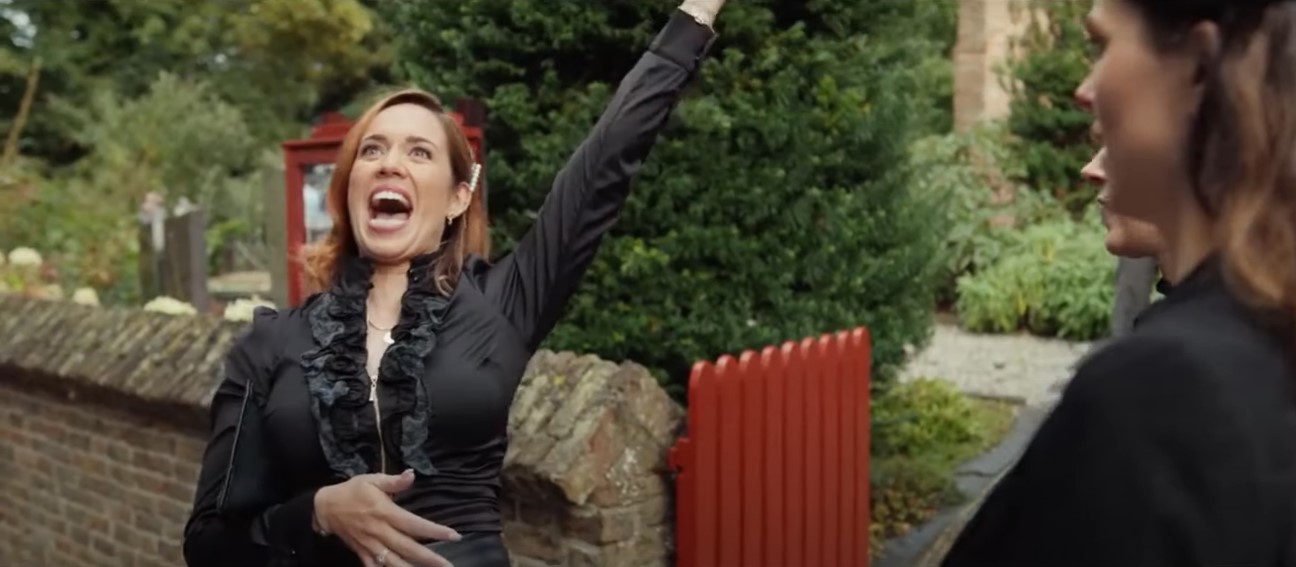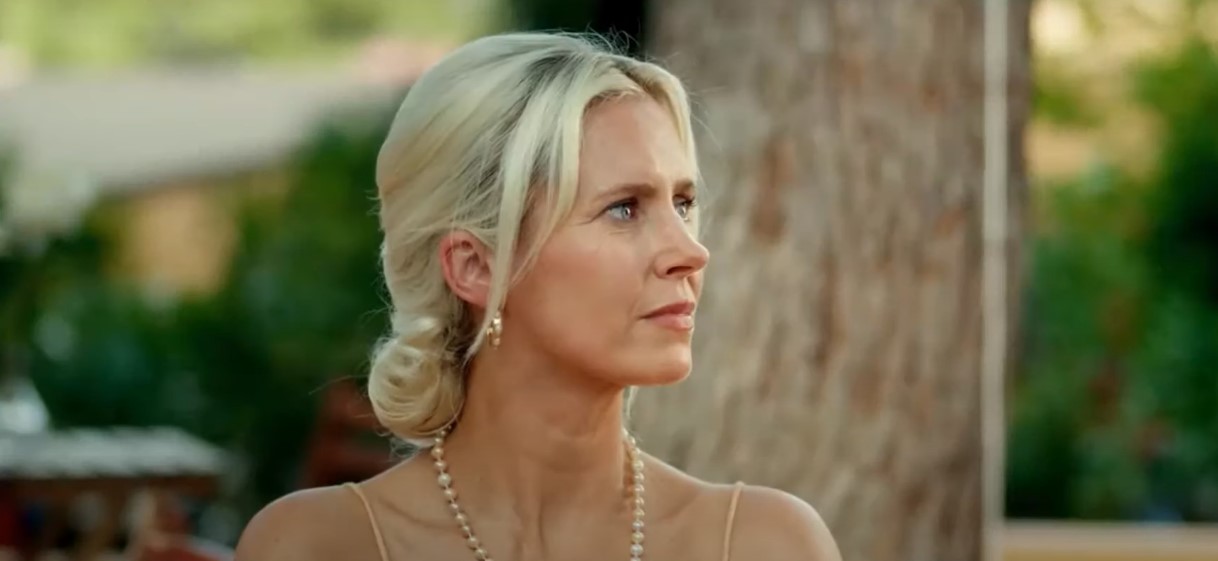With Appie Boudellah and Aram van de Rest in the directors’ seats, Dutch-original romantic comedy ‘F*ck Love Too’ (‘F*ck de liefde 2’) chronicles a group of individuals looking for love. After the death of Omie, Lisa, Kiki, and Angela head to Ibiza to celebrate Kiki’s bachelorette party. Sparks ensue as the present meets the past. At the same time, the movie presents funny enough situations, and introspective monologues, while love is nowhere to be found. From that perspective, the ending comes off as too optimistic and even enabling to an extent. However, in the middle of all the mixed signals, you would want to know whether the story holds some intrinsic truth. If you are looking to weigh the movie’s factuality, let us be of help.
Is F*ck Love Too a True Story?
No, ‘F*ck Love Too’ is not based on a true story. However, the movie’s longing to understand the entanglements of love may come off as universal. Appie Boudellah and Aram van de Rest directed the movie from a screenplay written by Appie Boudellah, Mustapha Boudellah, Sergej Groenhart, and Shariff Nasr. Writer-director Shariff Nasr’s 2017 short ‘Watch Out’ garnered much praise in the critics’ circle. He also reared the TV miniseries ‘Van die mensen die,’ which sparked discussion on the national level. However, the movie, which is part of a franchise in the making, is the brainchild of Appie Boudellah.

The movie is a sequel of the 2019 film ‘F*ck de liefde.’ Appie Boudellah teamed up with Lodewijk van Lelyveld, the director and co-writer of the popular series ‘Spangas.’ Most of the cast and crew members of the first movie retained their roles in the second installment, including Bo Maerten as Lisa and Yolanthe Cabau as Bo. The stories of the two films also maintain continuity since the first movie chronicles Lisa’s divorce from Jack. The second movie picks up from the aftermath as it launches an inquiry into the future of Lisa’s love life.
As the actors were already familiar with each other from the first movie, they understood each other’s capabilities and drawbacks. By working together, they managed to create the enticing ambiance of the film. Moreover, by creating difficult situations, the screenwriters made the best of the range of emotions the cast members had to offer. Ultimately, the movie champions its characters by basing them on stereotypes but finding the underlying humane nuances.
The whole endeavor unfolds like a Jane Austen fan-fiction, with diverse feminine characters and different life priorities. Among the male leads, family guy Said presents a sharp contrast to the two-timing Jack. Therefore, if there is any realism in the movie, it should emanate from the relatable characters. For example, one can relate to the globe-trotter in Lisa, or those with long-term commitments may relate to Bo and Said’s bittersweet equation. In the end, the movie reinforces its realistic aspects by making its characters encounter different kinds of love.
Read More: F*ck Love Too Ending, Explained


You must be logged in to post a comment.